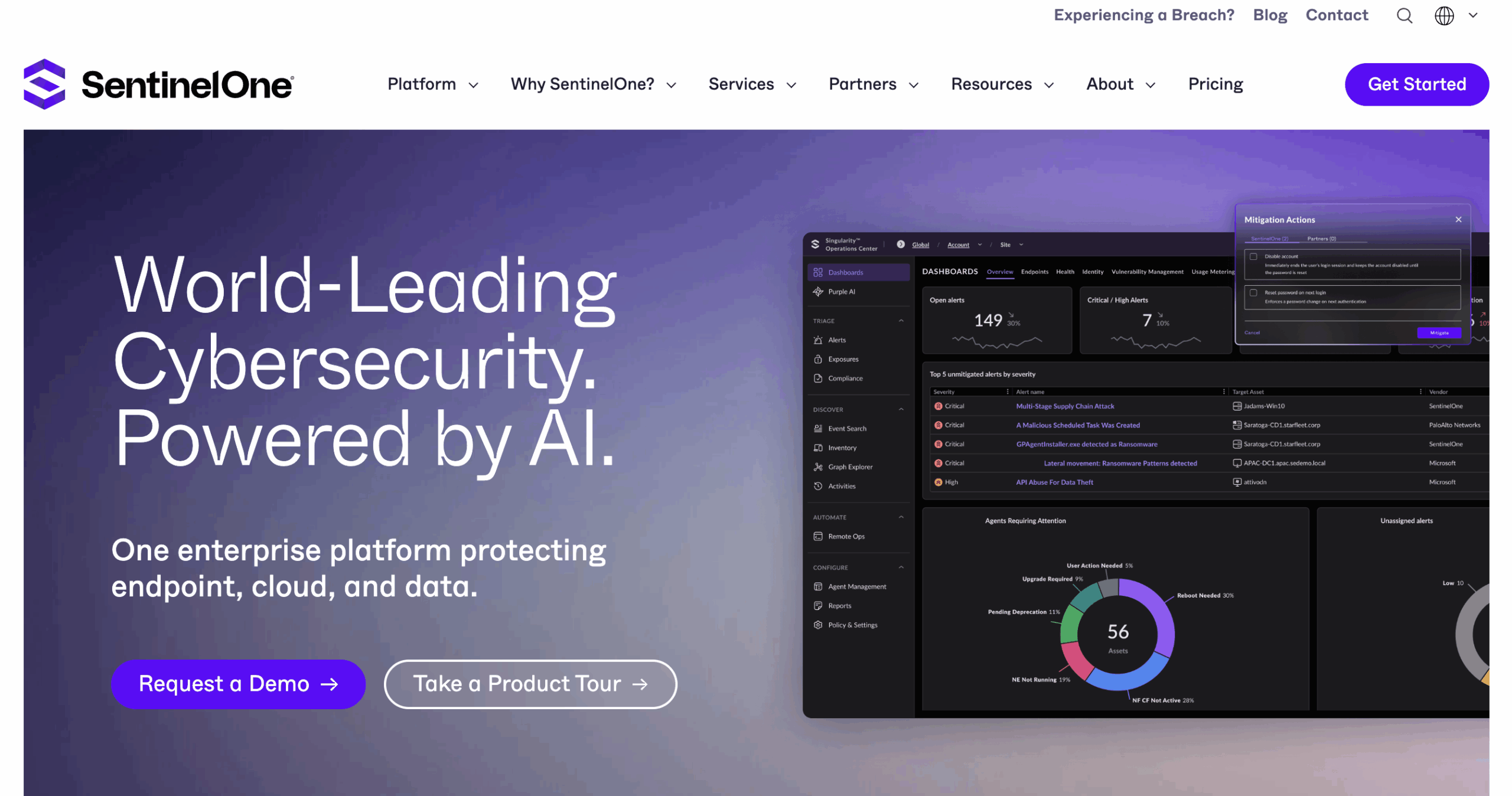At RSAC this week, SentinelOne introduced Purple AI Athena, a major leap forward in how artificial intelligence can operate inside the Security Operations Center (SOC). If you’re managing a lean team or trying to reduce alert fatigue without losing visibility, this is a development worth watching.
Originally launched as a chatbot to support SOC analysts, Purple AI has now evolved into what SentinelOne calls a full agentic AI platform. That means Athena doesn’t just answer questions—it takes action, autonomously analyzing suspicious activity, orchestrating response steps, and applying remediation in seconds, not hours.
Athena is built on three core pillars:
- Deep analysis at machine speed: Designed to mimic how experienced SOC analysts think, Athena can rapidly analyze signals across multiple data sources, prioritize threats, and reduce false positives—cutting down response time and cognitive load.
- Full-loop remediation: Once a threat is identified, Athena can detect, triage, and resolve it without manual intervention. If the system encounters something novel, it can create and apply new detection rules on the fly, tapping into the Singularity Hyperautomation engine to adapt automatically.
- Seamless data source integration: SOC teams don’t have to rebuild their stack. Athena connects with third-party SIEMs, data lakes, and other tools without forcing data migrations—providing immediate visibility and actionability across environments.
SentinelOne’s Singularity Hyperautomation already gave teams a no-code platform to automate workflows, but Athena brings those capabilities together under an intelligent agent that can coordinate across multiple tools and functions, independently.
Gregor Stewart, SentinelOne’s VP of AI, compared it to connecting modular “boxes” of functionality. The real breakthrough, he said, is getting those boxes to communicate dynamically, enabling more complex operations that traditional automation alone can’t handle.
Of course, there’s still healthy skepticism around AI in security. SentinelOne acknowledges the risks—hallucinations, bias, occasional false conclusions—but points out that humans also make mistakes, especially under fatigue or when drowning in data. AI doesn’t tire, and when it works well, it can shrink the gap between detection and response dramatically.
As CEO Tomer Weingarten put it, agentic AI is moving closer to fulfilling the original promise of cybersecurity automation: enabling analysts to operate at machine speed against increasingly sophisticated threats. And now, instead of just helping us think, platforms like Athena are being built to act.

Leave a Reply